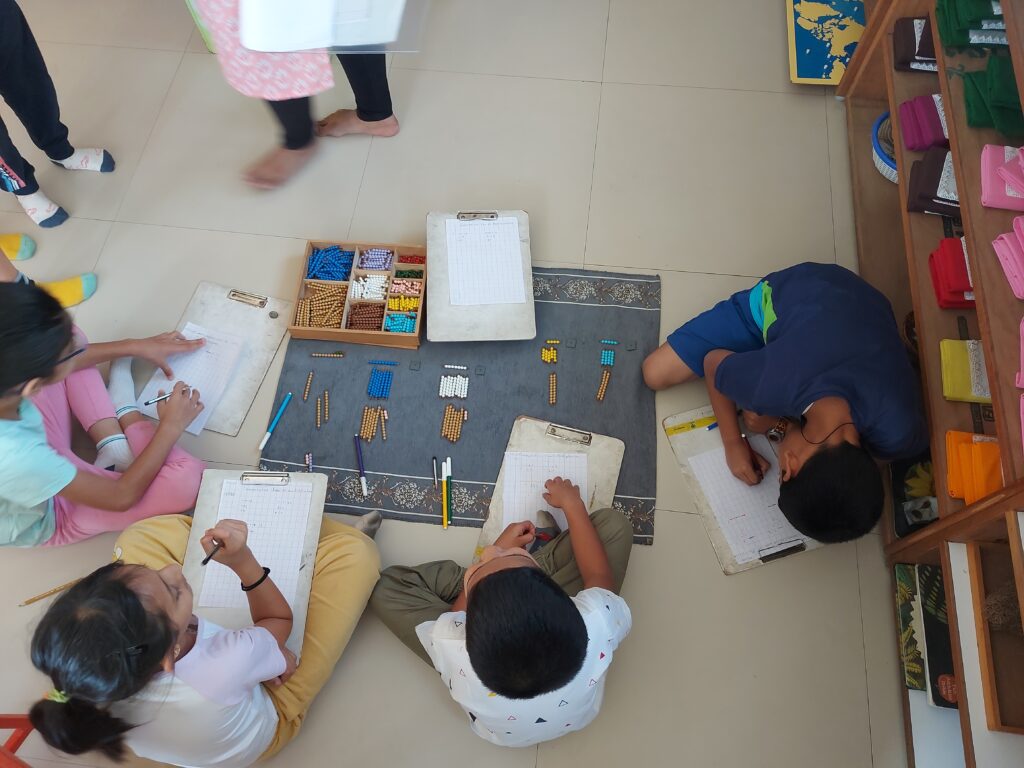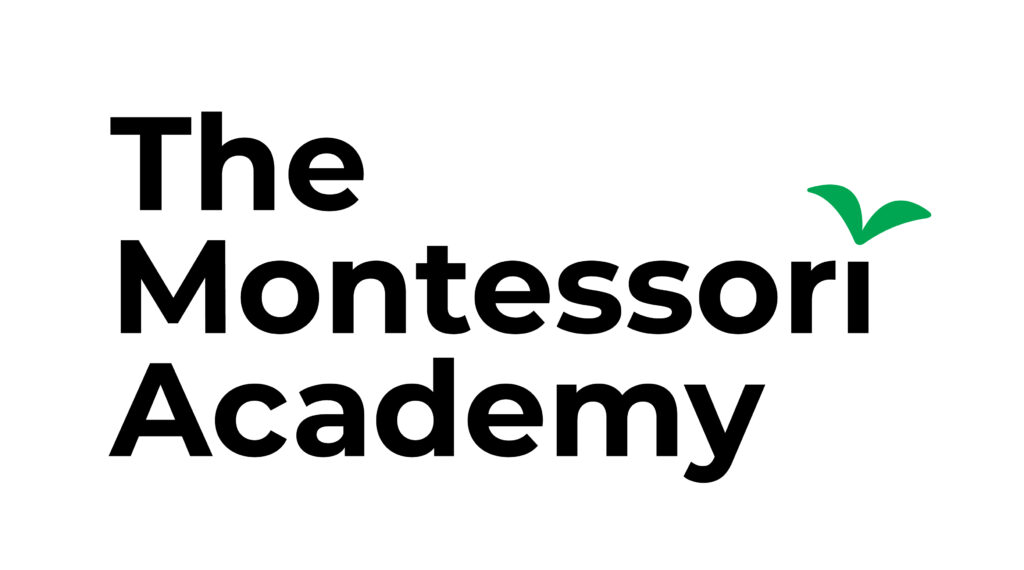
At The Montessori Academy, our approach is grounded in the belief that every child is born with an innate drive to learn. Inspired by the vision of Dr. Maria Montessori, we see education as a means to support the natural development of the whole child—intellectually, emotionally, socially, and morally.
Our classrooms are carefully prepared environments where children are free to explore, choose meaningful work, and engage with hands-on materials that make abstract concepts concrete. The result is a community where learning feels joyful, purposeful, and self-driven.
We uphold the Montessori principles of respect, independence, and responsibility, and we embrace innovation and research-based practices while staying true to the timeless values of the Montessori method. We prepare children not just for academic success, but for life as compassionate, confident, and thoughtful human beings.
Why Montessori Education
Education Rooted in Respect and Curiosity
Montessori education begins with a deep respect for the child as a capable, curious, and self-motivated learner. Developed by Dr. Maria Montessori, this globally recognized method empowers children to take ownership of their learning in thoughtfully prepared environments that nurture independence, focus, and joy.
Key Benefits of Montessori Education
1. Child-Centered Learning
In a Montessori classroom, children are active participants—not passive recipients. They choose meaningful work based on interest and readiness, building intrinsic motivation and a love for learning that lasts a lifetime.
2. Hands-On, Concrete Experiences
From math to grammar to science, abstract concepts are introduced through hands-on materials. These materials allow children to physically manipulate and deeply understand what they’re learning—not just memorize.
3. Multi-Age Classrooms
Children of different ages (usually spanning three years) work together in one environment. Older students reinforce their learning by mentoring younger peers, and younger students are inspired by their older classmates. This fosters collaboration, leadership, and social harmony.
4. Freedom with Responsibility
Within clear boundaries, children enjoy the freedom to make choices and work at their own pace. This nurtures independence, decision-making, and personal responsibility—skills that extend far beyond the classroom.
5. Whole-Child Development
Montessori education supports not just academic progress, but also emotional, social, and physical development. Grace and courtesy lessons, real-life tasks, and peaceful conflict resolution are part of daily life in the classroom.
6. Prepared Educators and Environments
Montessori teachers are trained observers and guides. Rather than lecture, they introduce materials, follow the child’s interests, and provide just the right level of support. The classroom itself is designed to be calm, ordered, and inviting.
Montessori Prepares Children for Life
Montessori graduates are known for being confident, curious, independent thinkers with strong social and emotional skills. Whether a child becomes an artist, scientist, entrepreneur, or community leader, Montessori education lays the foundation for a purposeful and meaningful life.
